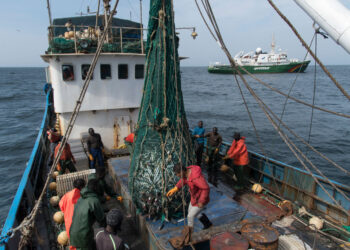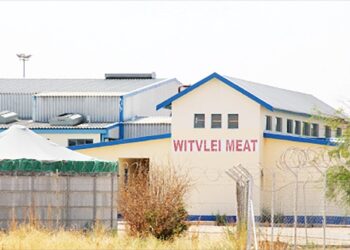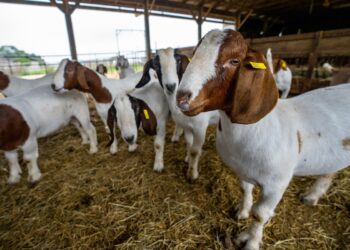
The Road Fund Administration (RFA) is still seeking a further N$1 increase in the fuel levy after securing a 20-cent increase in December to meet the funding gap for road maintenance and rehabilitation.
RFA Chief Executive Officer Ali Ipinge acknowledged the December increase, but said it falls short of covering the extensive funding gap.
“The 20 cents we received translates to roughly N$200 million, which will certainly be beneficial and go a long way in addressing some maintenance and rehabilitation needs,” Ipinge told The Brief.
In a previous report, the RFA highlighted a funding gap of approximately N$3 billion for the current financial year, extending into 2025.
To tackle the deteriorating conditions of national and gravel roads, the RFA proposes a one-dollar increase, estimating it would generate about a billion Namibia dollars.
“We understand that such an increase may impact road users in terms of purchasing power. It’s important to note that the road fund levy, or fuel levy, is a direct tax where road users contribute to the improvement of the roads they use,” explained Ipinge.
Emphasising the direct correlation between the road fund fuel levy and infrastructure usage, Iipinge highlighted the significance of the user pay principle.
“While road users may feel the immediate financial impact, it is essential to recognise that not investing in road maintenance could lead to higher costs in vehicle maintenance, operating expenses, tyres, and travel time due to poorly maintained roads,” he stated.
Despite the potential short-term impact on individuals’ finances, the RFA underscores the long-term benefits of contributing an extra dollar through the fuel levy. This financial support ensures the maintenance and sustainability of the road assets utilised by the public.
The RFA remains committed to the user pay principle, asserting that those who use the roads should actively contribute to their upkeep for the overall improvement of the country’s infrastructure.
Under the draft business plan, there is a N$15 billion funding gap over the five-year draft business plan, RFA revealed last year.
Apart from the fuel levy, RFA proposed a 20% increase in mass distance charges, cross-border charges, and abnormal load fees, with a 10% increase for road carrier permits to meet this funding gap.
This comes as RFA currently earns around N$1.98 per litre of fuel which is well below the inflation-adjusted benchmark of N$2.58 per litre.











